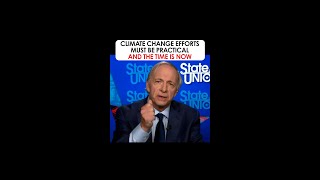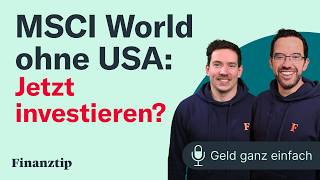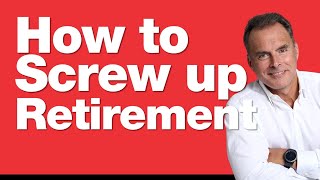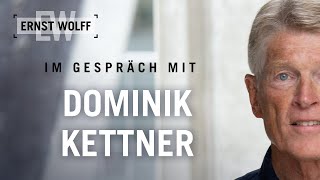| Today’s super-rich are putting record sums into tackling the world’s most pressing problems. But how altruistic is this golden age of charitable giving? Read more here: https://econ.st/3aHRmjc
Click here to subscribe to The Economist on YouTube: https://econ.st/2xvTKdy Today’s super-wealthy are richer than ever. And they’re giving away their billions like never before. Philanthropists are putting record sums into tackling the world’s most pressing problems. And unlike the mega-donors of the past today’s philanthropists want to see the results in their lifetimes. But how altruistic is this new golden age of giving? Have these mega-donors become too powerful? The way charities work is increasingly under the microscope. Donors large and small are demanding better bang for their buck. This is leading to innovative new approaches to doing good which are redefining notions of altruism. Hilton Douglas is an outreach worker for Urban Pathways, a non-profit benefiting from a recent explosion in charity amongst wealthy Americans. There are record numbers of homeless people in New York and every day Hilton tries to help some of the worst affected. In 2018 spending by charitable foundations reached a record $75bn in America. The charity Hilton works for is one of 250 that are backed by New York’s largest and best-known foundation Robin Hood. Robin Hood provides a small percentage of Urban Pathways’ total income. But the foundation also donates strategic and operational assistance. Urban Pathways runs outreach programmes and a drop-in centre and provides a roof for around 850 men and women each night. Every year Robin Hood stages America’s biggest, glitziest fund-raising gala where it raises over 60% of its annual funding in three hours. While the average annual donation to the foundation is $108 the gala has helped Robin Hood become renowned as the charity of choice for hedge-fund managers and bankers. Over the past 30 years it’s raised and spent around $3bn fighting poverty in New York. Paul Tudor Jones founded Robin Hood. An investor and hedge-fund manager worth around $5bn, he believes private philanthropy leads the state in dealing with society’s problems. Journalist Anand Giridharadas spent three years exploring the motivations of America’s wealthy philanthropists. He has concluded that some of their business practices create the very social problems their philanthropy tries to address. Since 2011 former mayor of New York, Michael Bloomberg has donated over $500m to campaigns to replace coal with clean energy in the US by 2030. But in taking on the battle against climate change Mr Bloomberg has also taken on other billionaire philanthropists on the opposing side of the debate. For decades oil barons Charles Koch and his late brother David have given billions of dollars to non-profit organisations in order to promote scepticism about global warming. The Kochs’ donations have had a huge impact on strengthening the climate-change denial lobby in America. But Michael Bloomberg’s donations to his campaign Beyond Coal have proved an influential counterbalance. So far these have helped retire 289 coal plants, more than half the countries total. America has witnessed the spectacle of its most-renowned philanthropists battling it out over one of the world’s most important political issues. It raises a fundamental question. How much political power should wealthy but unelected philanthropists wield? While powerful and wealthy philanthropists are increasingly giving away their money. Fewer people on average are giving in the developed world than two decades ago. It’s a decline that’s coincided with scandals that have rocked some of the world’s best-known charities. Little wonder charities are now experimenting with innovative new approaches to persuade donors to part with their cash. In the past ten years effective altruism has contributed over $100m in donations towards Against Malaria Foundation. The charity says this has helped fund the distribution of 50m bed nets worldwide, protecting 90m people and saving around 30,000 lives. But effective altruism, EA, has its critics who say giving is not a science and that there is more to charity than cold hard numbers. This scientific approach to charitable giving and work is on the rise and is assuming innovative new forms. It’s being used by some of today’s class of billionaire philanthropists. How this plays out alongside their rising power will help to redefine the impact of altruism. And how it’s perceived. For more from Economist Films visit: http://films.economist.com/ |
Tags:








































